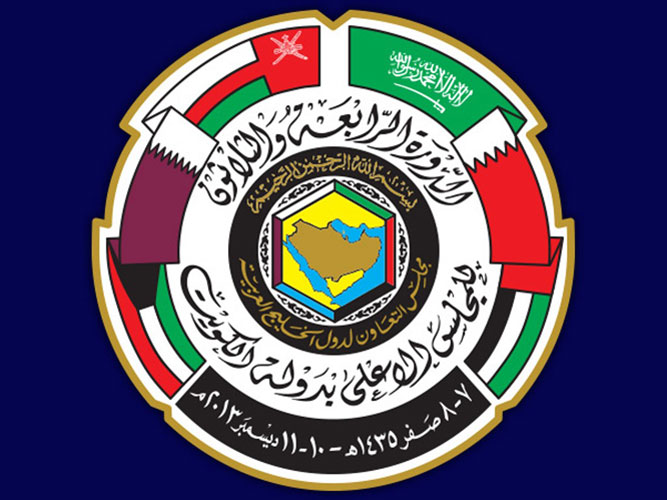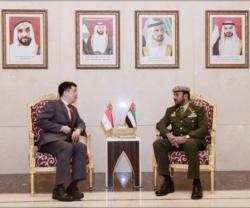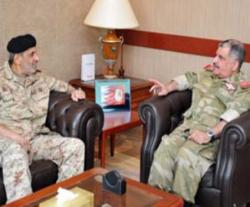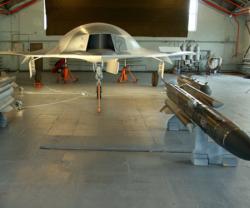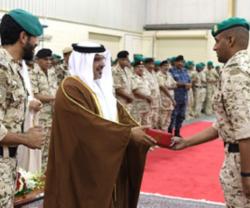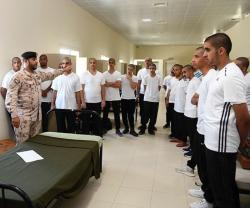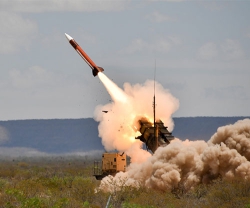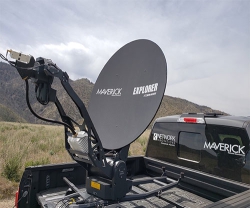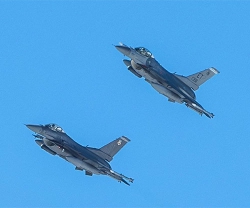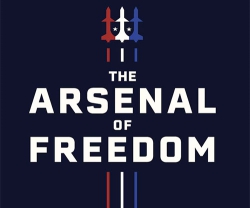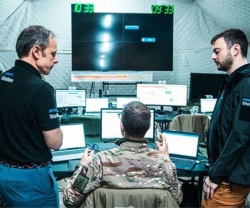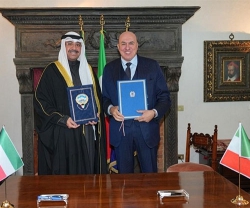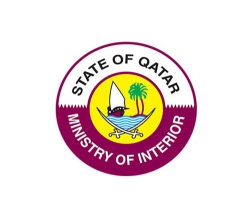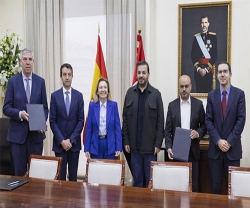The annual 34th Gulf Cooperation Council (GCC) two-day summit kicked off in Kuwait on Tuesday, with talks over the formation of a Gulf Union topping the agenda.
Oman stirred controversy earlier this week after voicing its objection to a Gulf Union of six nations, an idea that was previously suggested by regional heavyweight Saudi Arabia.
Omani Foreign Minister Yusuf bin Alawi said” from the new body if the five other GCC members (Saudi Arabia, Kuwait, Bahrain, the United Arab Emirates and Qatar) decide to form a union.
Riyadh’s idea of upgrading the GCC was first proposed in 2011 and supported by Bahrain. But because of reservations by some members, it was put on hold.
Kuwait and Qatar have since expressed their backing, but the UAE’s position on the proposal is not known.
Meanwhile, Yemen is looking to become the GCC's latest member.
This week at the Manama Dialogue, a regional security summit in the Bahraini capital, Saudi Deputy Foreign Minister Nizar Madani said that upgrading the GCC into a union was “no longer a luxury” but a “strategic, security and economic necessity.”
Madani said “Gulf countries should no longer depend on others to ensure their safety.”
Formed in 1981, the GCC states sit on around 40% of proven global crude reserves and around 25% of natural gas deposits.
Other issues on the summit agenda include the assessment of progress made on boosting defense and security coordination in the face of instability in the region, in addition to economic coordination.
More specifically, will be how the GCC states should react to the recent nuclear agreement between Iran and P5+1 (U.S., UK, France, Russia, China and Germany). The GCC has said it would like to be included in the talks between Tehran and the world powers.
Talking at the Manama Dialogue in Bahrain earlier this week, U.S. Defense Secretary Chuck Hagel sought to reassure America’s Arab allies in the Gulf of its strategic commitment to their security, following the recent deal between Washington and Iran.
Hagel said the U.S. military is committed to maintaining its 35,000-strong force in the Gulf region regardless of the nuclear deal with Iran.
Source: Al Arabiya

